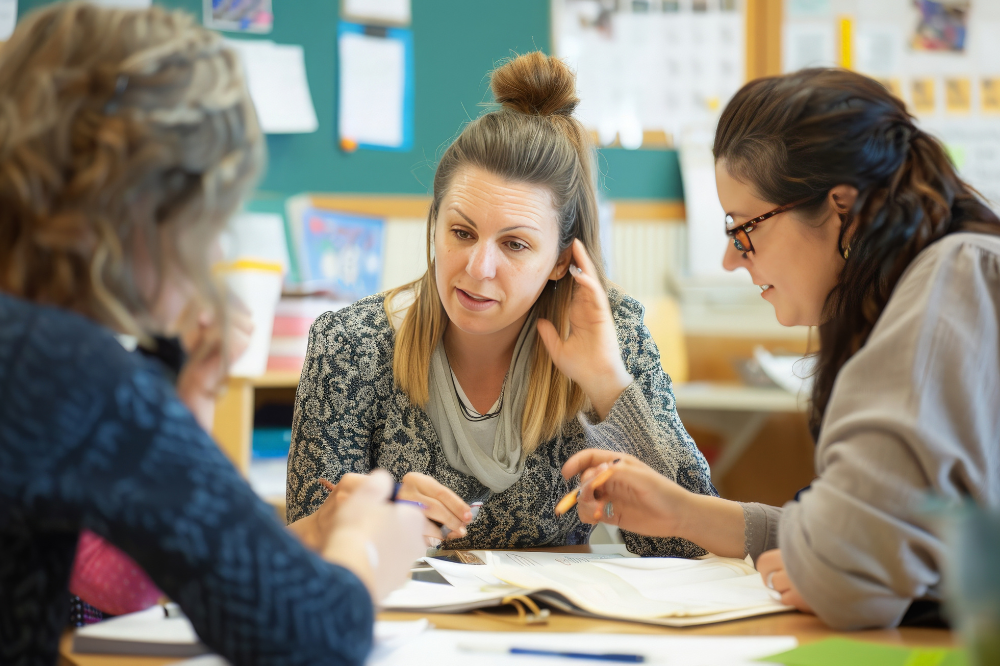
Peer mentoring and direct participation are yielding positive learning outcomes for educators working in early childhood education and care (ECEC) settings, new research shows.
The study, by the Australian Education Research Organisation (AERO) and the Australian Literacy & Numeracy Foundation (ALNF), was conducted in Western Sydney and examined peer mentoring as an alternative to traditional professional learning approaches involving full staff participation.
The trial included 37 teachers and educators across 10 ECEC services, comparing peer mentoring with direct participation in training.
According to the research, peer mentoring is a feasible and promising approach for delivering professional learning across services. It was also found that both peer mentoring and direct participation yielding positive learning outcomes for educators.
However, the researchers noted that to be successful, peer mentoring requires strategic planning and robust support.
In this model, selected staff receive external training and subsequently share their knowledge with colleagues in ways that suit their unique service needs. Direct participation, on the other hand, involves most or all staff attending training directly.
“Professional learning is crucial for refining teaching practices but can be resource-intensive if many staff attend off-site training,” AERO CEO, Dr Jenny Donovan said.
“Our collaboration with ALNF shows that peer mentoring, when well-planned and supported, can be a cost-effective and impactful alternative.”
Dr Donovan noted that successful peer mentoring programs require skilled mentors, collaboration, and strong leadership to foster a supportive environment.
Speaking on the findings, ALNF Co-Founder and Executive Director, Mary-Ruth Mendel, highlighted the value of collaborative learning.
"ECEC workforce development, where staff learn within their services alongside colleagues, is powerful for both adult and child learning,” Mendel said.
“Reflective practices and shared knowledge help educators respond practically to children’s needs, supporting their oral language and literacy growth.”


